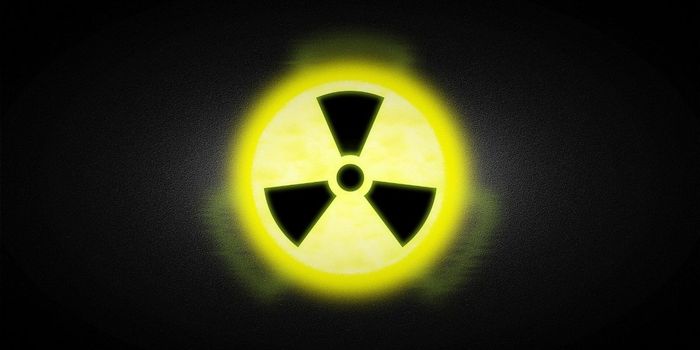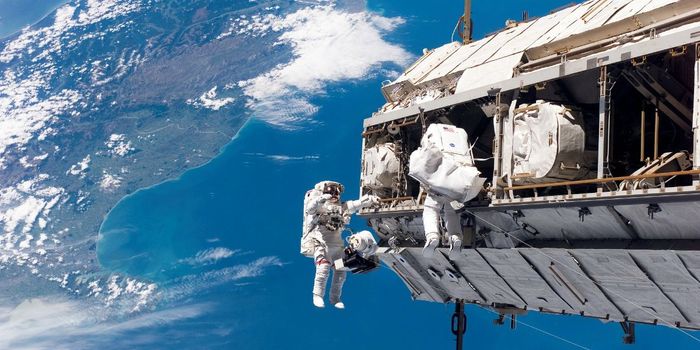About That Mist That Comes Out of a Whale's Blowhole...
When a whale breaches the surface of the ocean, anyone nearby may often experience the blowhole effect. This is primarily where the whale expels air from its massive lungs at a high rate of speed, ejecting a 'mist' in the process.
Most people are quick to assume that this mist is just a bit of seawater being blown out of the whale, but that's not the case. This mist is just a bunch of hot, moist air from the whale's lungs, and the moisture condenses into water vapor once it reaches the cold air.
In addition to hot air, there are traces of microbes and bacteria in each whale's misty breath. Scientists think that by studying the microbe content in healthy whales, they might be able to understand which ones are healthy and which ones are responsible for causing respiratory illness in beached or dead whales.
It's a long shot, but potentially a significant leap forward in understanding the health of these gentle giants. One thing's for sure, however - stand clear of a whale's misty exhalation, or you'll end up with a face full of hot air and bacteria.








